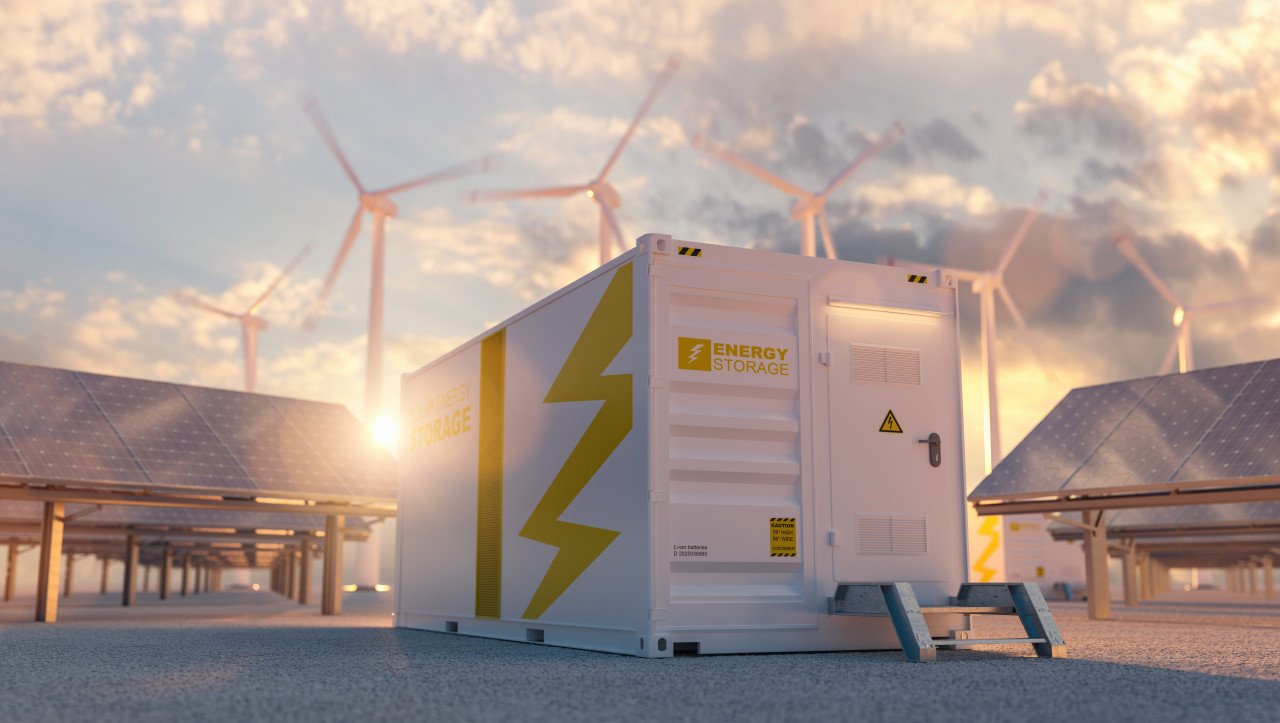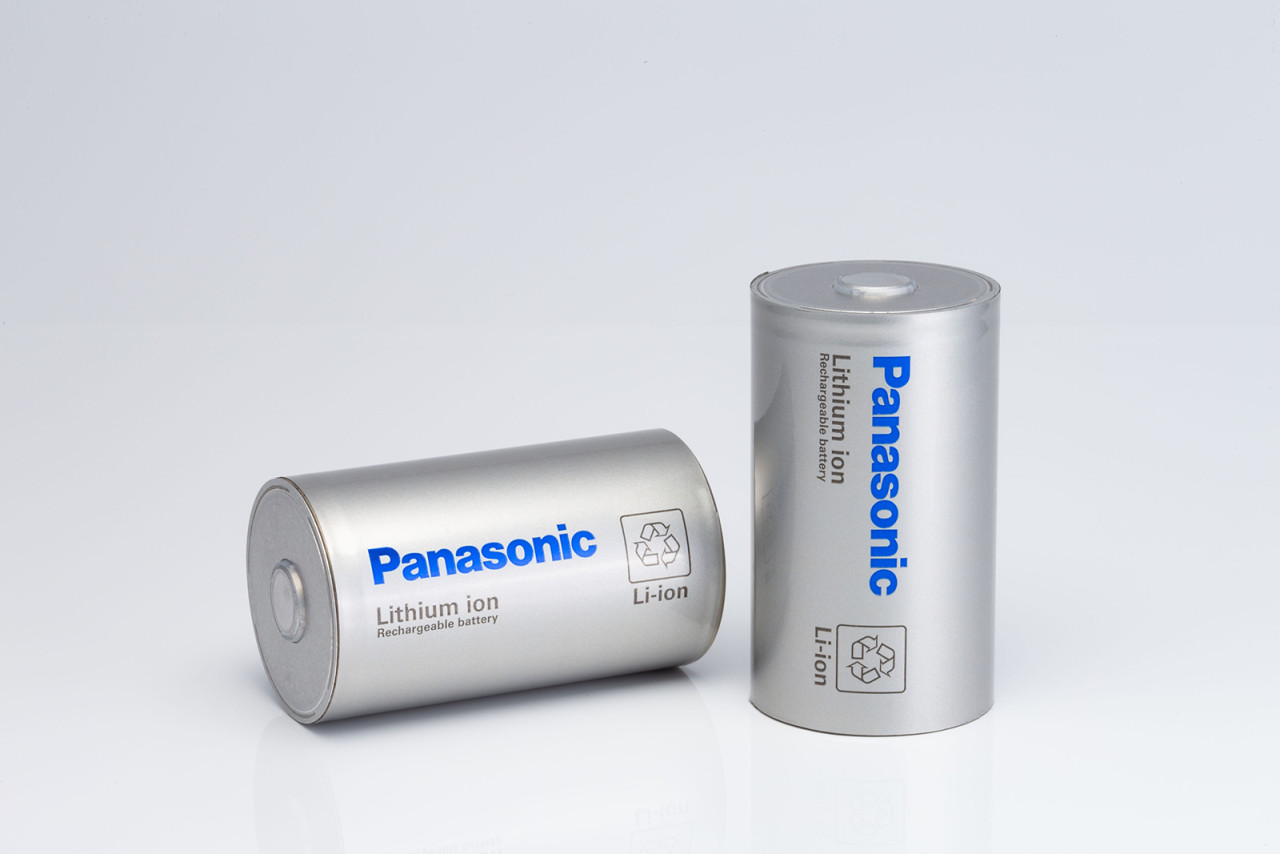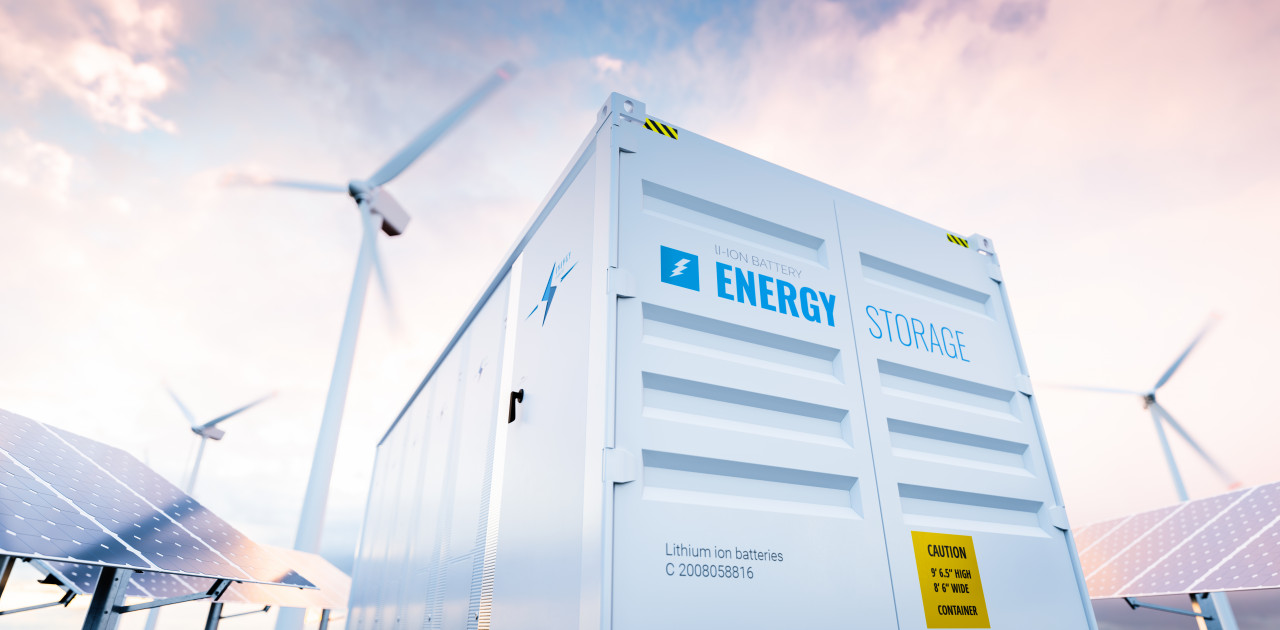Japan gets its first dedicated investment fund for grid-scale energy storage
The emerging energy storage market in Japan is flexing its arms even further, with the recent launch of its first-ever dedicated fund for grid storage batteries. The investment fund will be jointly managed by Gore Street Capital (GSC) and Japanese conglomerate Itochu.
It is to be noted that Gore Street Capital under Gore Street Energy Storage Fund plc, the internationally diversified energy storage fund launched in 2018, has previously established a dedicated BESS fund in UK as well.
Tokyo Metropolitan Government (TMG) will be the cornerstone investor of the BESS fund, who has chosen Gore Street Capital and Itochu to manage the fund through a competitive solicitation. They will be responsible for the fund's technical and administrative management, with the GSC drawing on its technical expertise to support the fund's energy storage asset selection, construction, and operation.

COP28: GEAPP's multilateral consortium targets 5GW of battery storage by 2024
TMG is contributing an initial ¥2 billion (US $13.63 million) to the fund, within the current fiscal year ending 31 March 2024, followed by other investors. News reports suggest that initial focus of the investments will be the projects in the Kanto region, including the Tokyo Metropolitan area and six surrounding prefectures.
GSC claims that investment fund will work in establishing a new green financing models in utility-scale battery energy storage system (BESS) assets in the country.
"Gore Street Capital remains well-placed and crucially well-resourced to continue supporting GSF. We look forward to seeing GSC leverage its unique experience and strong track record of successfully entering new markets and subsequently operating assets in these markets as it begins this new venture with the Japanese storage fund", said Pat Cox, Chair of Gore Street Energy Storage Fund plc.
Japan has set a target to reach carbon neutrality by 2050, with plans to increase the share of renewables in its total electricity generation to 36-38 percent by 2030. The country is also reforming its energy storage regulations and investment policies, with batteries set to play an important role in maximizing renewable energy supply and avoiding grid constraints.






















